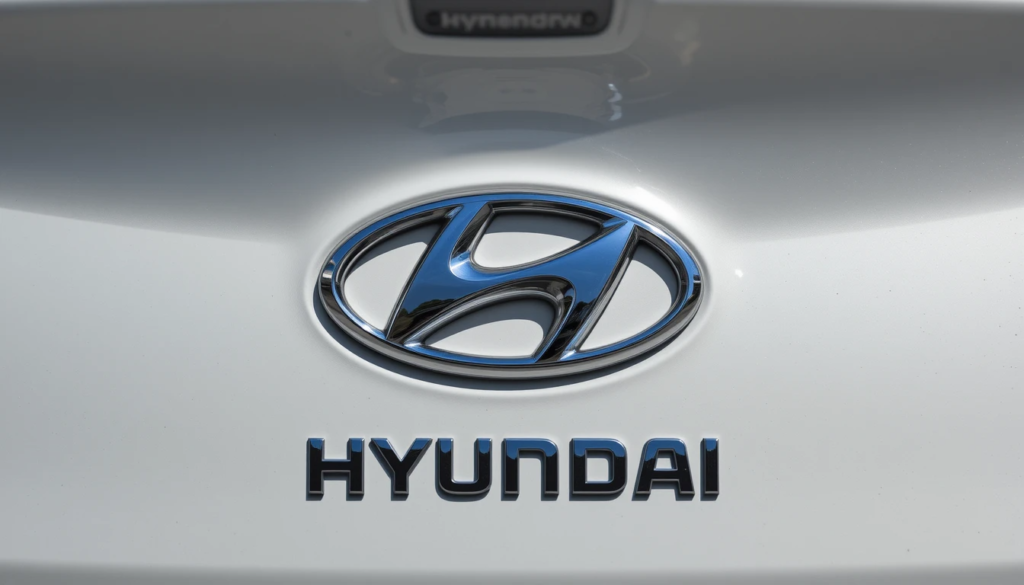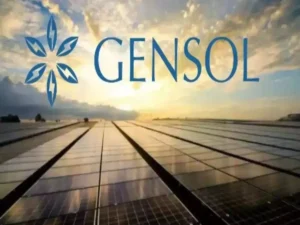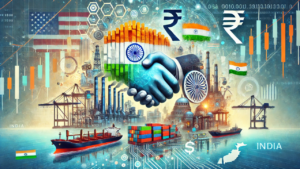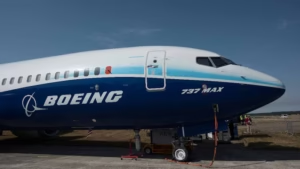Hyundai Makes Historic $21 Billion U.S. Investment Amid Trade Tensions

March 24, SK: In a major economic move, South Korean automotive giant Hyundai unveiled plans on Monday to invest approximately $21 billion in American manufacturing, with a significant portion earmarked for a cutting-edge steel plant in Louisiana. The announcement, made at the White House alongside President Donald Trump and Louisiana Governor Jeff Landry, signals Hyundai’s aggressive push to localize production as global trade uncertainties loom.
Key Highlights of the Investment
- $5.8 Billion Steel Facility in Louisiana: The new plant will create over 1,400 jobs and produce advanced steel for Hyundai’s U.S.-based electric vehicle (EV) manufacturing.
- Third U.S. Auto Plant in Georgia: Expanding its American footprint, Hyundai will open another factory to bolster EV production, complementing its existing facilities in Alabama and Georgia.
- Tariff-Driven Strategy: With President Trump’s April 2 tariff deadline approaching, Hyundai’s move is seen as a preemptive effort to mitigate potential trade barriers.
Why This Matters
Hyundai’s decision reflects a broader trend among multinational corporations scrambling to “onshore” operations ahead of possible trade restrictions. Recent months have seen other global players, including Taiwan’s TSMC and Japan’s SoftBank, announce similar U.S. investments.
José Muñoz, Hyundai Motor’s CEO, emphasized localization as the best defense against tariffs, telling Axios, “The more we produce here, the less vulnerable we are to trade disruptions.” The company, already a top EV competitor to Tesla, is doubling down on its U.S. market presence.
Trade Tensions Linger
Despite Hyundai’s bullish investment, underlying trade frictions between the U.S. and South Korea persist. Earlier this month, President Trump criticized South Korea’s trade policies, claiming its tariffs on American goods were “four times higher” than U.S. duties a claim Seoul disputes, citing a 0.79% effective tariff rate under the bilateral free trade agreement.
Economic and Political Implications
The Louisiana steel plant, slated to supply Hyundai’s EV factories, underscores the growing intersection of automotive and industrial manufacturing in the green economy. For the Biden administration, the investment is a win, promising jobs and reinforcing domestic supply chains.
However, the backdrop of looming tariffs adds pressure. As companies like Hyundai navigate these challenges, their strategies could redefine global trade dynamics making localization not just an option, but a necessity.
For more news subscribe to questiqa.biz




